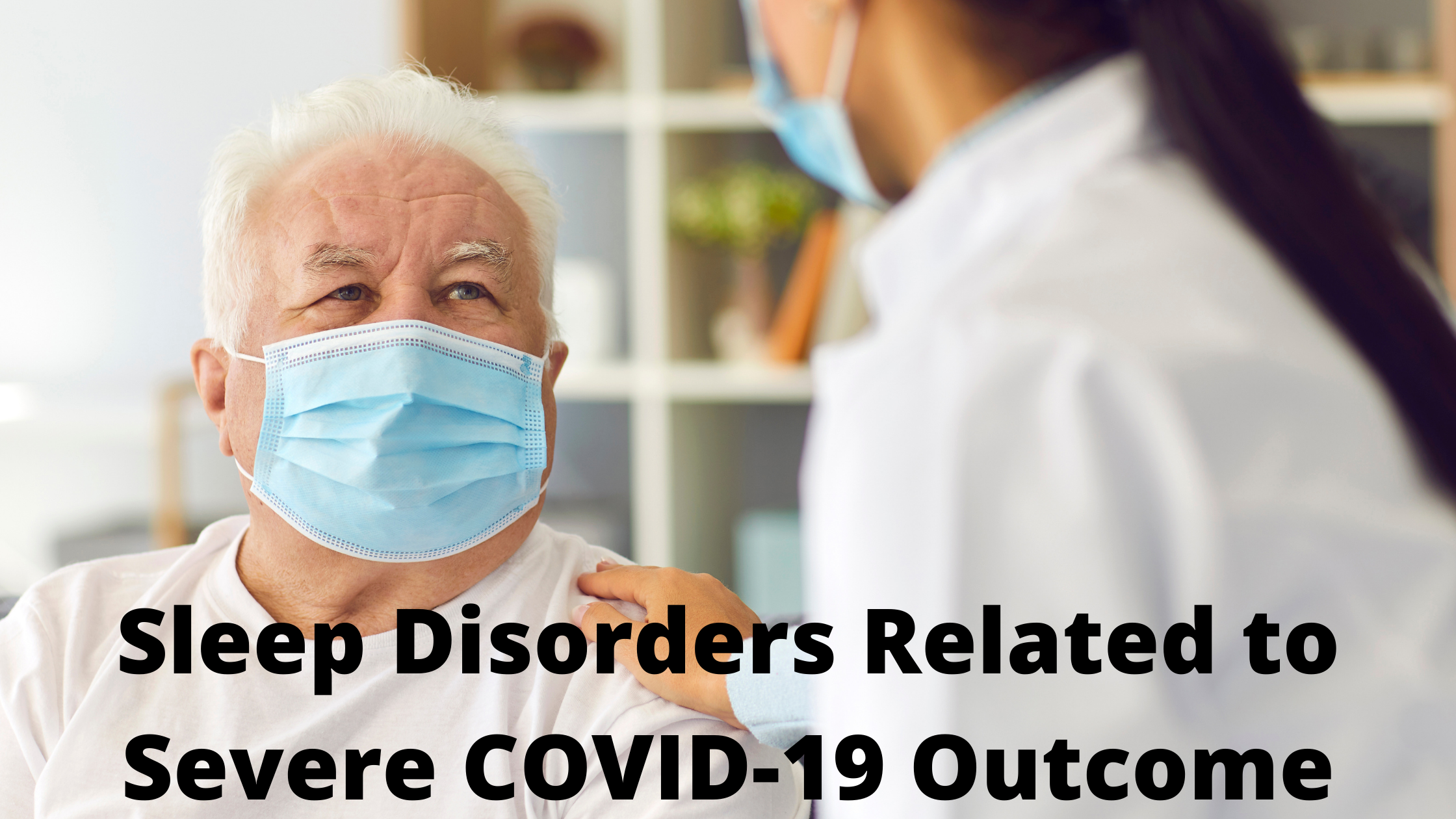COVID-19 can present with varying levels of severity for anyone who contracts the virus. It is a respiratory virus that affects the lungs' ability to properly oxygenate the body. Some patients have no to mild symptoms while others have very severe symptoms that require respiratory assistance. Certain sleep disorders may be related to severe COVID-19, so it's important to know what these diseases are and how they can affect your prognosis.
Cleveland Clinic Study Outcomes
A recent study conducted by the Cleveland Clinic found that those who have sleep disorders have more severe outcomes from COVID-19 including a 31% higher rate of hospitalization and mortality. This study did not find that those with sleeping disorders would have an increased risk in developing COVID-19, but that they had a worse clinical diagnosis from the disease.
This study consisted of 360,000 patients who tested positive for COVID-19. 5400 of these patients had a sleep study record and they analyzed the disease severity. They also accounted for factors such as obesity, heart and lung disease, cancer and smoking, all of which can affect COVID-19 outcomes.
Sleep apnea and COVID-19
The researchers in this study expected to see that sleep apnea was related to a increased risk of developing or contracting SARS-Cov-2 and having COVID-19. However, when they used advanced statistical models that accounted for other physiological influences in the development of COVID-19, they did not find any difference between those who had the sleep apnea and those that didn't.
They concluded that potentially, the issue came more from circadian rhythm disruption, something very prominent in viruses and sleep apnea, however, more research is needed on this relationship.
Sleep quality and COVID-19 outcomes
Sleep quality is hard to define because there are so many different sleep disorders, and they're very prevalent. This study specifically looked at sleep apnea which affects 10-15% of the population. Insomnia also has similar prevalence in the population and about a third of the population don't get the seven to eight hours that they need.
These may be the predisposing factors for contracting SARS-CoV-2 and having worse outcomes. However, they still need more data on that specific relationship. But in the infectious phase of SARS-CoV-2 and COVID-19 circadian rhythm is disrupted. Add on to that the fact that quarantine messes up circadian rhythms because of the change in schedule and the lower amount of light, among other environmental factors. Now these disruptions also pave the way for a worse outcome if you were to contract COVID-19.
In the future, researchers are hoping to look at the sleep apnea hypoxic burden on outcomes. By looking at the times when breathing is disrupted, then researchers can further examine the this impact on clinical outcomes.
If you had COVID-19 and you had trouble sleeping, or you have trouble sleeping and are worried about the potential outcomes, then please click the orange button below to chat with a sleep professional and take a free online sleep test. 
https://parade.com/1293347/kaitlin-vogel/sleep-disorders-covid/

